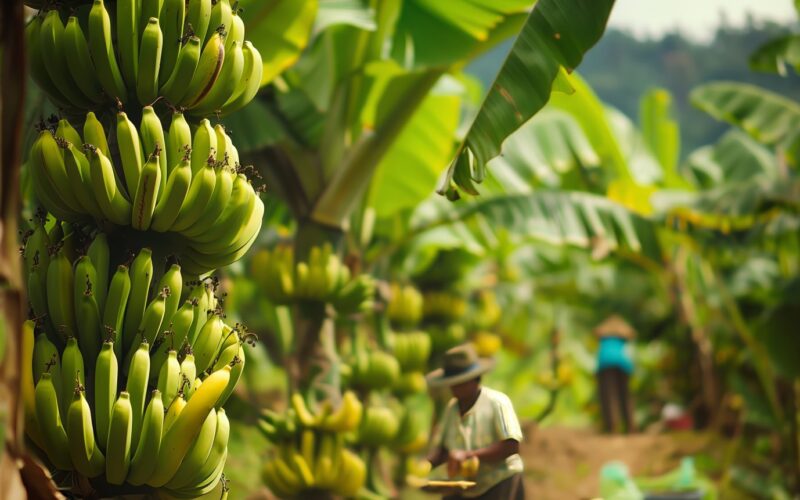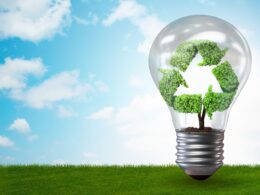Off-grid communities in rural Pakistan may soon gain reliable electricity access through a new project converting banana industry waste into energy. Each year, millions of tonnes of agricultural waste are produced in Pakistan. Northumbria University, along with partners in UK and Pakistan, aims to utilise this waste, benefiting local communities.
The project involves a two-part system: the first converts banana waste into textile fibers, and the second generates renewable energy from the process’s residual waste. This initiative will reduce the environmental impact of Pakistan’s textile industry and provide clean electricity to 50% of rural residents currently relying on fossil fuels.
Titled “Improving Access to Sustainable Energy in Rural Pakistan using Food and Fibre Agro-waste as Renewable Fuel (SAFER),” the project has received approximately £300,000 from Innovate UK’s Energy Catalyst scheme. This funding supports the development of innovative energy technologies for Sub-Saharan Africa and South or Southeast Asia.
The project, led by Northumbria University in Newcastle upon Tyne, includes Dudley (England) based waste-to-energy company Eco Research Ltd, Pakistan-based National Textile University and biogas specialists Prime Eurotech as partners.
Dr Jibran Khaliq, of Northumbria University’s Department of Mechanical and Construction Engineering, is a material scientist who researches converting waste energy. Discussing the impact of the SAFER project he said, “Pakistan’s textile sector is responsible for significant environmental impacts, including greenhouse gas emissions, water pollution, and microplastics. Our partners at the National Textile University in Faisalabad have developed a technology to convert banana agro waste into textile fibres, but the lack of electricity in rural Sindh, where the majority of the bananas are grown, has prevented this innovation from being scaled-up until now.
He added, “Over the next year we will be working to develop a new waste-to-energy technology which will convert agro-waste into clean and affordable energy. This solution will benefit the textile industry, and local communities, as well as improve soil fertility and food production through the generation of biofertilisers.”
Pakistan’s banana-growing industry generates around 80 million tonnes of waste annually, which could produce 57,488 million cubic meters of syngas and 30 million tonnes of biofertilisers. Syngas, a greener alternative for electricity generation, is created from waste products.
Dr Muhammad Saghir, Director at Eco Research Ltd, “This innovative approach will not only transform agricultural by-products into sustainable textiles but also exemplify a remarkable synergy between eco-conscious practices and technological advancements leading to local job creation and achieving UK’s net zero agenda.”





















